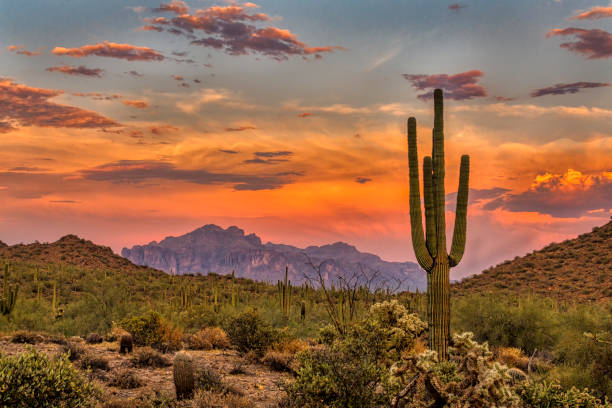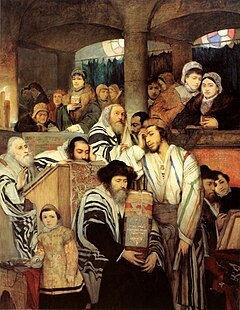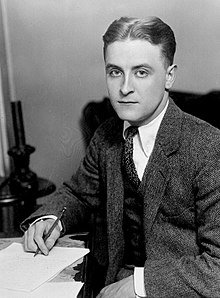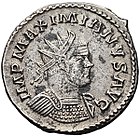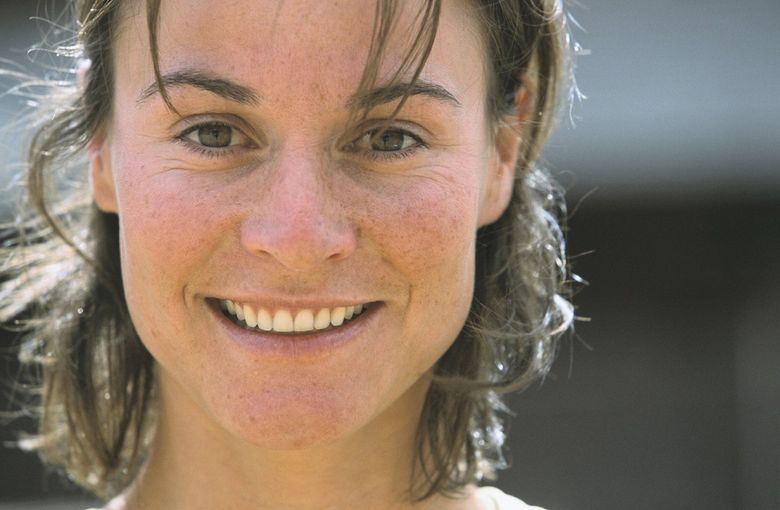
"Vanity of vanities," says the Preacher, "all is vanity!" Many of us might find these words familiar: they're taken from the book of Ecclesiastes (a book made famous in the Sixties when the Byrds took the words of its third chapter to write their "Turn, Turn, Turn"). Yet to some, these words seem very depressing: is everything we do, everything we are, really vanity. Is life totally futile?
It is and it isn't. None of us planned to be here, to be here to live on this planet and, unless we believe that this world was intentionally created, we realize we have no reason to be here. We just happened. Nonetheless, we strive to make the best of it. Then we die. But we lived, too.
And now we're dust. If on the other hand, we believe that this world was intentionally created, we know that this magnificent experience we call life is not an accident: it was meant to be. Though we still live and die, we know that we do so in a world infused with purpose. There was a point to our existence other than what we assign to it.
Yesterday, the tiny world of ski mountaineering heard that Hilaree Nelson, one of the top ski mountaineers on the planet, died at the age of 49, felled by an avalanche while skiing down Manaslu, the eight highest mountain in the world. She left behind two teenage boys, a lover, and a host of admirers. Ms. Nelson will never ski in this world again. Tragic? Absolutely. Yet her passing would be even more tragic if this world had no definitive point, if her being here was an accident, a journey from dust to dust with no reason for it.
Rest well, Hilaree.

